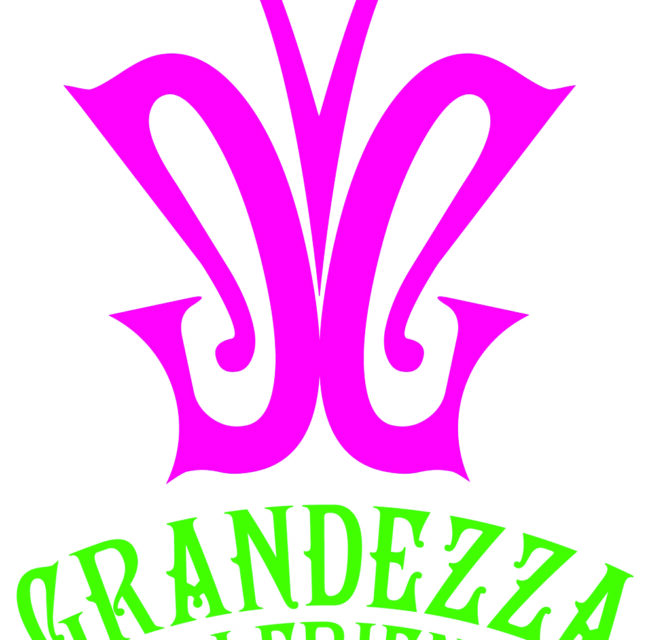
A private interview with James Metz, DDS, FACD, ABDSM and Diplomate of the American Board of Dental Sleep Medicine and Chair of the Dental Interest Group of The American Thoracic Society
What Seniors should know about obstructive sleep apnea As our population ages, healthcare professionals increasingly highlight the importance of recognizing and addressing obstructive sleep apnea (OSA) among seniors. This sleep disorder, characterized by repeated interruptions in breathing during sleep, can lead to serious health complications if left undiagnosed and untreated.
What is Obstructive Sleep Apnea? Obstructive sleep apnea occurs when the muscles at the back of the throat relax excessively during sleep, causing a temporary airway blockage. This can result in fragmented sleep and reduced oxygen levels in the blood. Common symptoms include loud snoring, gasping for air during sleep, excessive daytime sleepiness, and difficulty concentrating.
Why Seniors Are at Higher Risk Seniors are particularly vulnerable to OSA due to several factors. Age-related changes in muscle tone, increased body weight, and the presence of other medical conditions such as hypertension or diabetes can all contribute to the likelihood of developing this disorder. Additionally, medications that seniors may take for various health issues can exacerbate sleep apnea symptoms.
Health Risks Associated with OSA The consequences of untreated obstructive sleep apnea can be severe, especially for older adults. Research indicates a strong correlation between OSA and cardiovascular problems, including hypertension, heart disease, and stroke. Moreover, individuals with OSA may experience cognitive decline, depression, and an increased risk of accidents due to daytime drowsiness.
Recognizing the Signs Seniors and their caregivers should be vigilant for signs of sleep apnea. If you or a loved one experiences heavy snoring, gasping, or choking during sleep or if excessive daytime fatigue becomes a regular issue, consult a healthcare professional. Documenting sleep patterns and symptoms can assist in identifying the problem during medical consultations.
Diagnosis and Treatment Options Healthcare providers may use various diagnostic tools, including sleep studies, to confirm the presence of obstructive sleep apnea. Once diagnosed, treatment options can range from lifestyle changes and continuous positive airway pressure (CPAP) therapy to oral-dental appliances and, in some cases, surgical interventions. Lifestyle modifications, such as weight loss, regular exercise, and avoiding alcohol or sedatives before bedtime, can significantly improve symptoms. CPAP therapy, which uses a gentle stream of air to help keep the airway open during sleep, is often the most effective treatment for moderate to severe cases.
The Importance of Awareness and Action Seniors and their families should prioritize awareness of obstructive sleep apnea as a significant health concern. Early diagnosis and intervention can improve quality of life, better overall health, and reduce the risk of serious complications. Healthcare professionals encourage seniors to talk openly about sleep issues with their doctors and seek evaluation if they notice symptoms of OSA. Individuals can reclaim their sleep and enhance their well-being with the right approach.
Conclusion Obstructive sleep apnea is more than just a nuisance; it’s a health condition that can have far-reaching effects, particularly for seniors. By understanding the risks and recognizing the signs early, seniors can take proactive steps toward better sleep and improved health outcomes. As always, staying informed and engaged in one’s health is key to enjoying a fulfilling and active lifestyle in later years.






